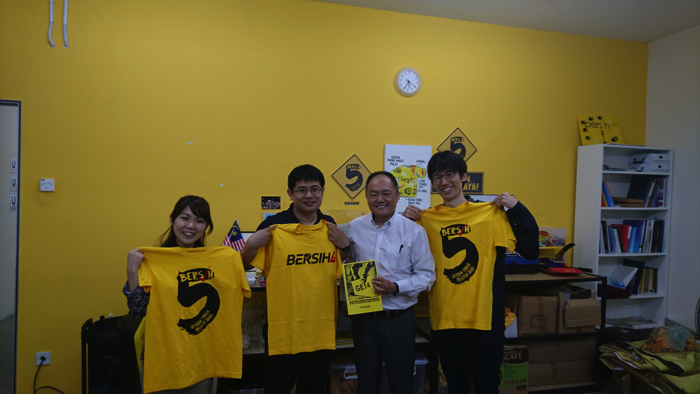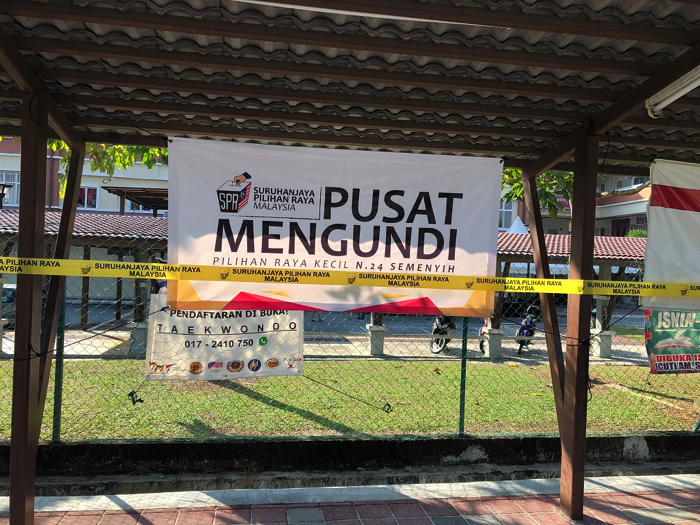- Project Leader : Iga Tsukasa (Nagoya University, Graduate School of International Development)
- Collaborators : Washida Hidekuni (Toyo University, Faculty of Law)
- : Okamoto Masaaki (Kyoto University, Center for Southeast Asian Studies)
- : Kiba Saya (Komatsu University, Faculty of International Communication)
- : Taniguchi Yukiko (IDE-JETRO, Area Study Center)
- : Nakanishi Yoshihiro (Kyoto University, Center for Southeast Asian Studies)
- : Yamada Hiroshi (Niigata University of International and Information Studies, Faculty of International Studies)
- : Yukawa Taku (The University of Tokyo, Graduate School of Arts and Sciences)
Outline of Research
This project researches the practices and political and social influences of election monitoring in six countries (Malaysia, the Philippines, Thailand, Indonesia, Cambodia, and Myanmar). By comparing six case studies, this project classifies the types of election monitoring and elucidates why and how these types emerge.
The collaboration of members who conduct quantitative and qualitative research is another purpose of this research project.
Description
Purpose of research
This project researches the practices and political and social influences of election monitoring in six countries (Malaysia, the Philippines, Thailand, Indonesia, Cambodia, and Myanmar). By comparing six case studies, this project classifies the types of election monitoring and elucidates why and how these types emerge.
Significance
Although there is plenty of research on election monitoring, including research that focuses on the practices and volunteers, previous research does not focus on the influence and diversity of election monitoring.
Expected results
This research will clarify the influence and diversity of election monitoring, which previous studies have not focused on. By comparing six case studies and the international collaborations of election monitoring, this research can be expected to gain theoretical implications beyond the Southeast Asian context.
 Interview with the head of the Malaysian electoral reform movement (Bersih Movement) |
 Voting center in the Malaysian primary school |
